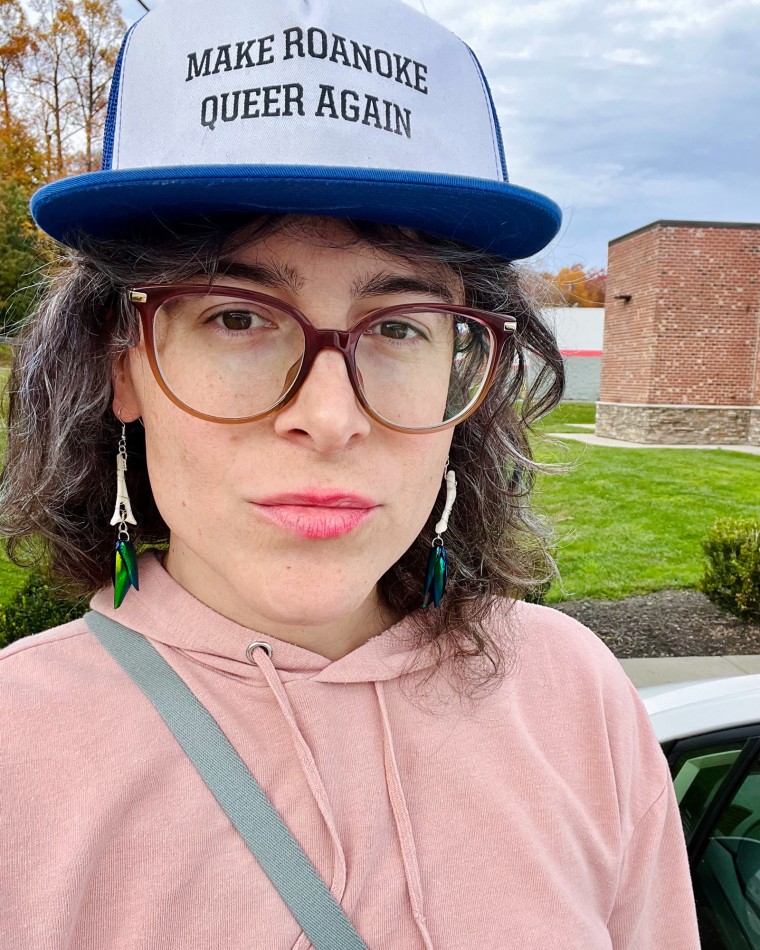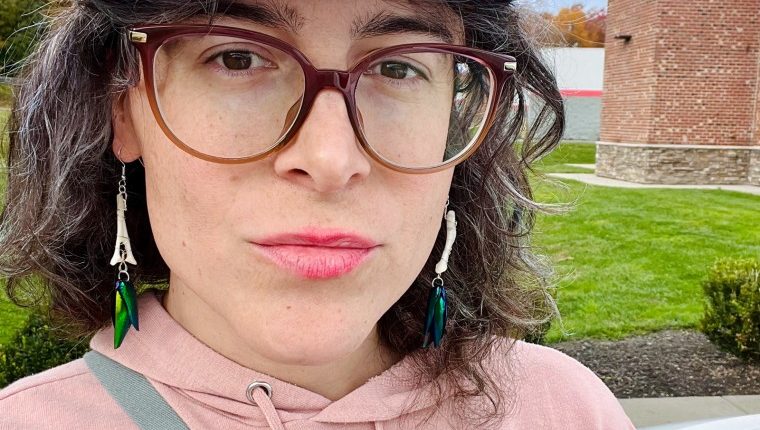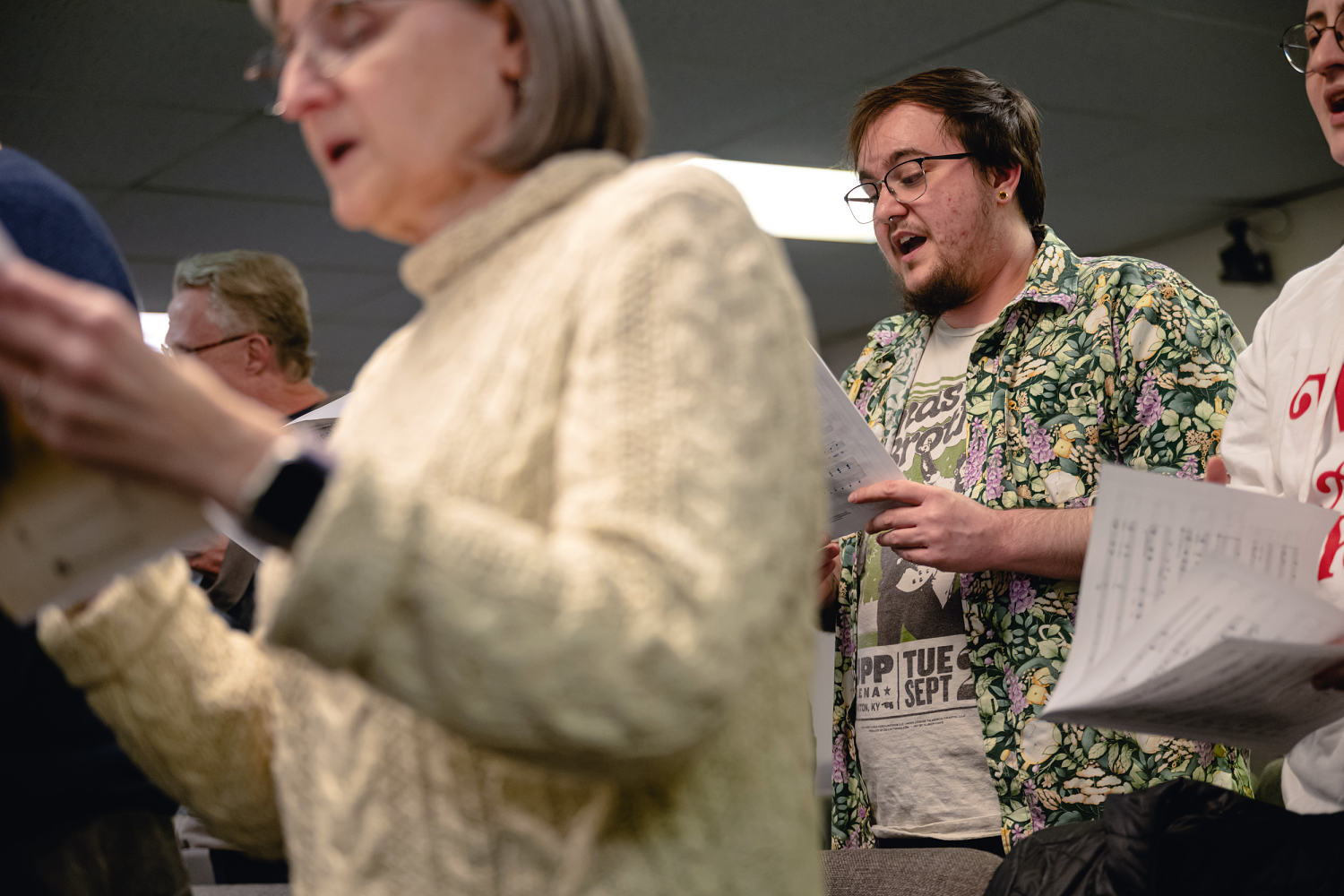Transgender people have always existed, even in the very places where politicians are doing the most to strip them of their civil rights, said author, activist and historian Samantha Rosenthal.
Rosenthal, a history professor at Roanoke College in Virginia and author of “Living Queer History: Remembrance and Belonging in a Southern City,” said that while it’s widely known LGBTQ people have migrated over time to big cities like New York, San Francisco and Washington, D.C., Southern migration has often found queer people from rural and very small communities moving to cities like Charlotte, North Carolina; Roanoke, Virginia; and Atlanta. As that Southern migration occurred, she added, services and resources built up to meet increased demand, neighborhoods were built, and LGBTQ communities thrived.
“Most Southern cities of 100,000 people or more — so not that big — have these gay enclaves,” she said. “It’s a rich, vibrant queer world here.”

Rosenthal, who grew up in upstate New York and spent most of her 20s living in New York City, migrated south herself, moving from Brooklyn, New York, to Virginia in 2015. Assigned male at birth, Rosenthal, now 41, had come out as a queer man about a year before moving to the South. But in recording the stories of trans women throughout Virginia, particularly those a generation older than her, she realized she was hearing experiences like her own and has since come out as transgender. Many of the stories she recorded can be found on the site she co-founded in 2015, the Southwest Virginia LGBTQ+ History Project.
While her experiences in Roanoke are often very different from those of the LGBTQ people who have lived there all their lives, especially Black queer and trans women, Rosenthal said she only truly discovered who she is once she moved there.
“I’ve experienced a kind of homecoming, even though it’s not where I grew up,” she said.
Related stories:
For every step forward marginalized communities make in securing civil rights, there is backlash, said Rosenthal. She said she and other historians believe the current “very intense” backlash began after the U.S. Supreme Court legalized same-sex marriage in 2015.
Last year, more than 500 state bills targeting LGBTQ people were introduced in state legislatures across the U.S., according to a tally by the American Civil Liberties Union. Of those bills, 75 became law, according to an NBC News analysis of the ACLU’s data. In just the first three months of this year, the ACLU is tracking more than 470 such state bills, with proposed legislation including restrictions on bathroom access for transgender people of all ages, bans on gender-affirming health care for trans youth and prohibitions on trans people changing the gender marker on their state-issued IDs.
“The intent of these policies is clear: to harass and intimidate transgender people back into the closet, to drive people from public society — and the consequences are devastating,” said Brandon Wolf, the national press secretary for the Human Rights Campaign, the country’s largest LGBTQ rights group.
Source: | This article originally belongs to Nbcnews.com










